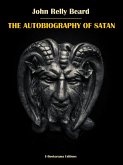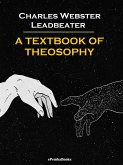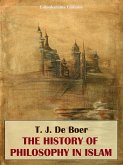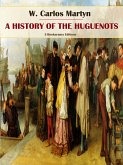- This edition includes the following editor's introduction: Daniel Defoe beyond Robinson Crusoe
First published in 1726, “The Political History of the Devil” is a study of the devil by English novelist, satirist and political journalist Daniel Defoe.
Irreverent and ironic, “The Political History of the Devil” examines the evolution of evil and the rise of the historical force known as " the devil." Defoe's passionate and perceptive survey starts with Satan's origins, chronicling the devil's presence in the Bible and his growing sway over humanity. An overview of satanic influences on eighteenth-century life follows, focusing on monarchs and tyrants as well as common folk. Defoe supports his arguments not only with extensive quotes from scripture but also with citations from other sources, including Milton's “Paradise Lost.”
Written at the dawn of the Enlightenment, this treatise recaptures a moment in time when widespread certainty of the devil's existence was dwindling. Defoe, a firm believer, posits that the devil reacted to the changing times by shifting his influence from the supernatural realm of witches and wizards to the ordinary world of " beaus, beauties, wits, and fools." This intriguing view of politics and society during the 1700s offers a vivid contemporary portrait of a culture torn between theology and reason.
General scholarly opinion is that Defoe, a Protestant Dissenter, really did think of the Devil as a participant in world history. He suggests that the devil appears on earth both in his own form and through inhabiting the bodies and minds of other beings. Defoe was strongly anti-Catholic and here he associates the devil with Catholicism, specifically with the Pope. Defoe blames the Devil for the Crusades and sees him as close to Europe's Catholic powers. The book was banned by the Roman Catholic Church.









